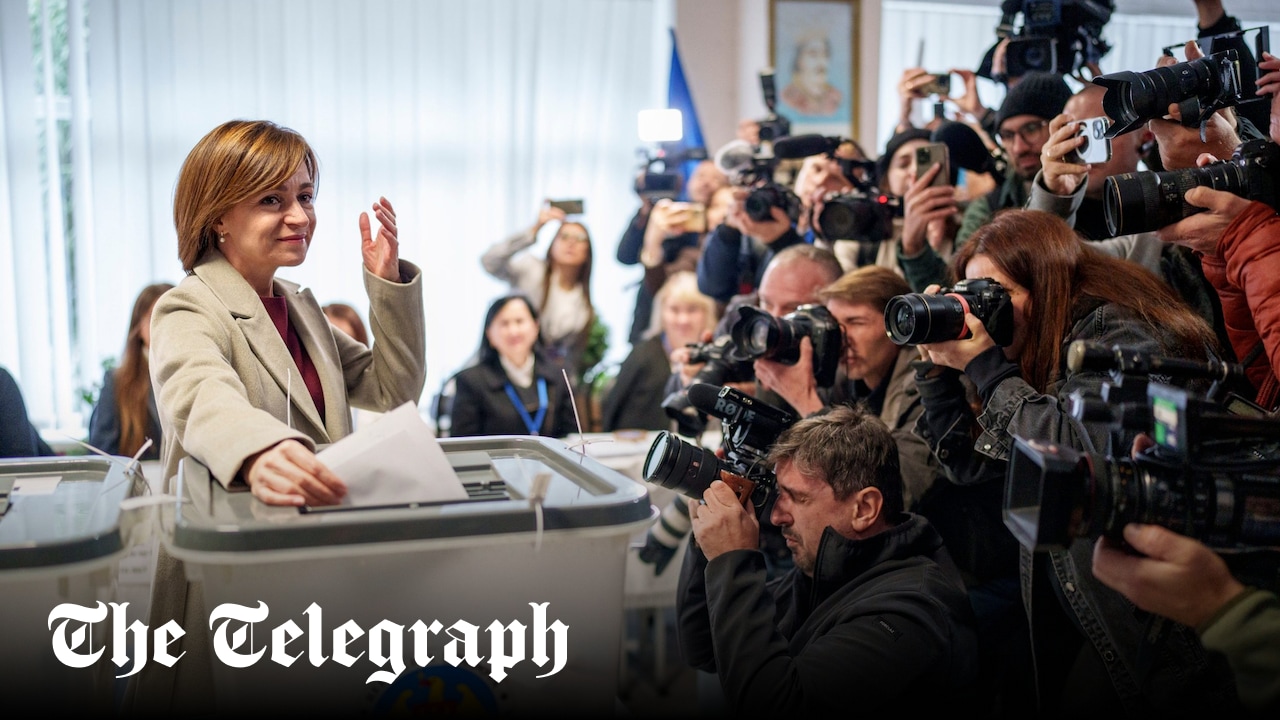One voter told the broadcaster that they had been offered 1,000 roubles in cash to vote, and had travelled from pro-Russian Transnistria to cast a ballot with four other people.
The bribery allegations focus on Ilan Shor, a pro-Kremlin oligarch who fled to Russia from Moldova in 2019 after being accused of money laundering and embezzlement. He still retains patronage through his networks in Moldova.
This assessment was echoed by the US.
“Moscow has dedicated millions of dollars to influencing Moldova’s presidential election,” said John Kirby, the US national security spokesman.
Despite new laws imposing tough penalties for selling votes, poor pensioners or people living in rural communities who feel disenfranchised from the “Chisinau set” are vulnerable to pressure to sell their votes.
Moldova is Europe’s poorest country and is wedged between Ukraine and Romania. It applied to join the EU in 2022 after the Kremlin’s invasion of Ukraine.
Ms Sandu also only won 42 per cent of the vote in a presidential election that she had been expecting to win outright. Her main contender is a former prosecutor backed by pro-Russia parties, who won 26 per cent of the vote.
Analysts said that Ms Sandu would face a tough contest in the second round and that her failure to comprehensively win the pro-EU referendum was a blow to her authority.
“It weakens the pro-European image of the population and the leadership of Maia Sandu,” said Florent Parmentier, a political scientist at the Paris-based Sciences Po.
